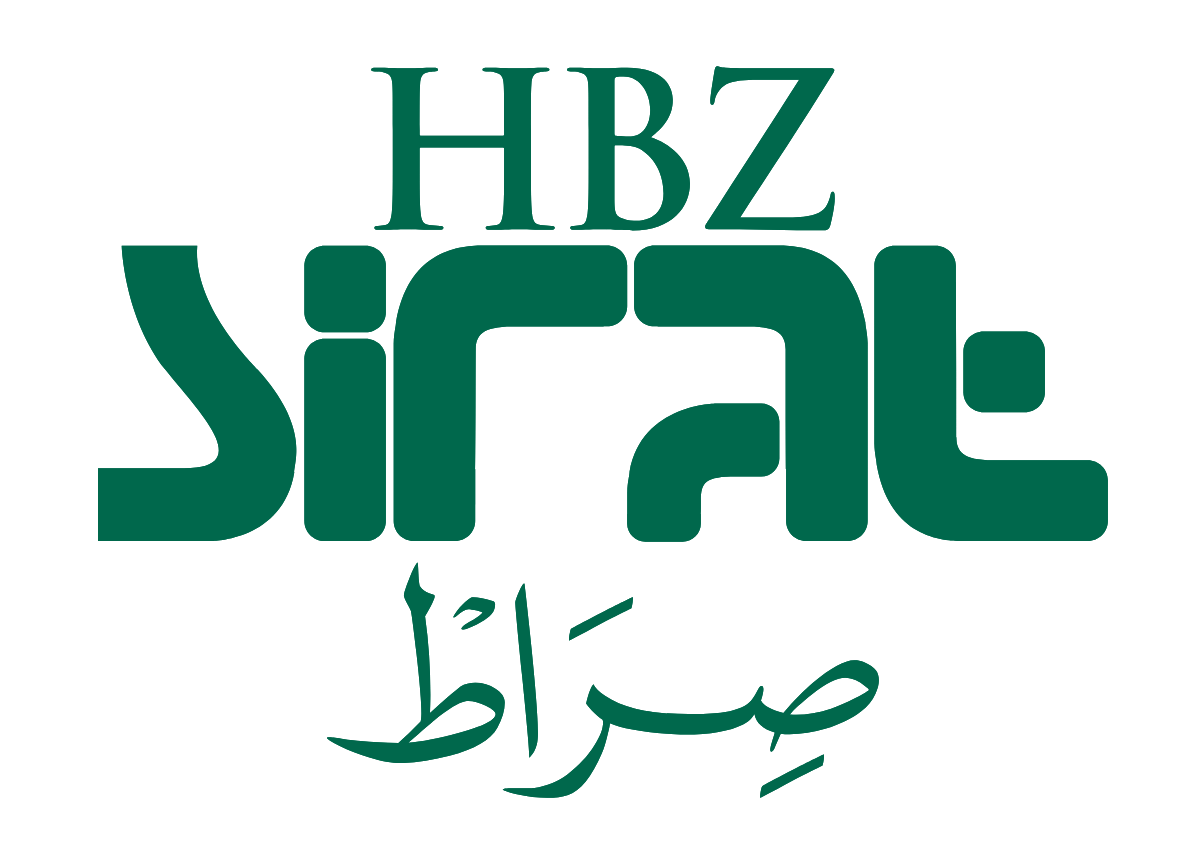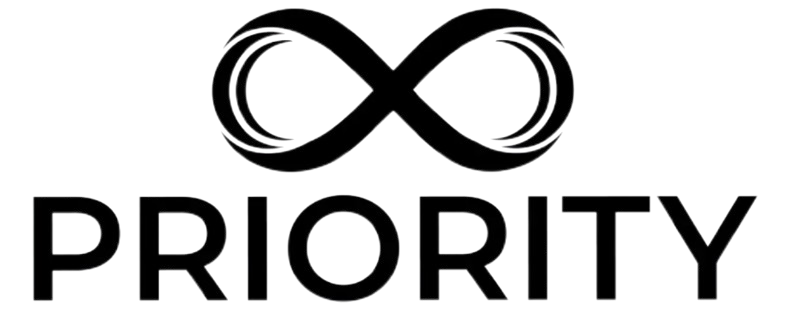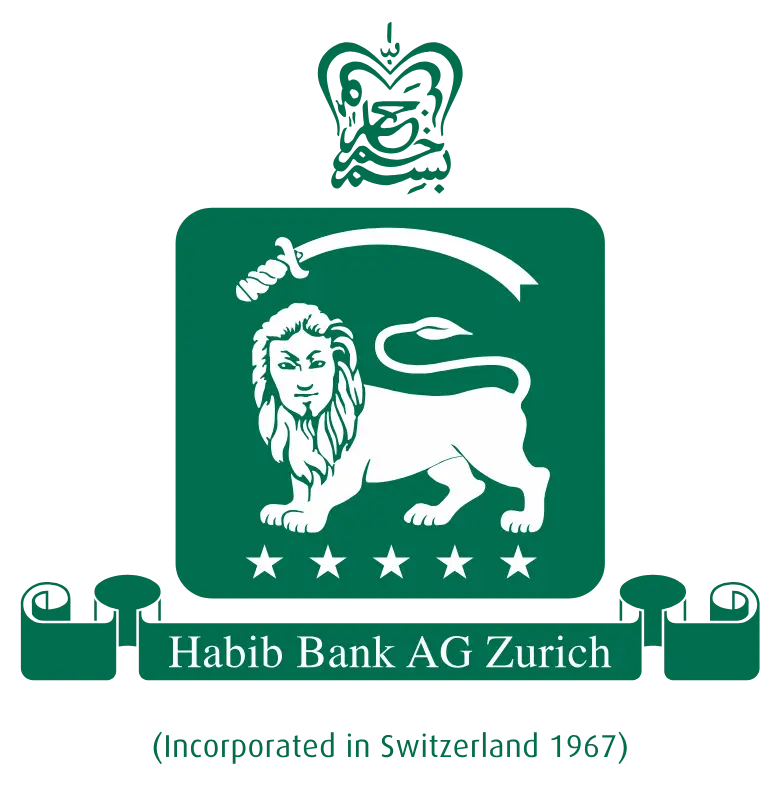Islamic banking has emerged as a key pillar of the financial system in the UAE, catering to individuals and businesses seeking ethical and Shariah-compliant financial solutions. With a rapidly growing market share and strong regulatory support, Islamic banking in the UAE has positioned itself as a viable alternative to conventional banking. This article explores the core principles of Islamic banking and the advantages it offers to individuals and businesses.
Principles of Islamic Banking
Islamic banking is guided by Shariah principles, which emphasise ethical, transparent, and risk-sharing financial practices. Unlike conventional banking, it prohibits interest (riba) and speculative activities (gharar), ensuring that all financial transactions are backed by tangible assets. Below are the key principles that govern Islamic finance in the UAE:
1. Prohibition of Interest (Riba)
The most fundamental principle of Islamic banking is the prohibition of riba (interest). In conventional banking, interest is charged on loans, creating a system where lenders profit without assuming any risk. Islamic banks, however, operate on a profit-and-loss-sharing model, ensuring that wealth creation is fair and equitable.
2. Risk-Sharing and Profit-Loss Sharing
Islamic banking promotes risk-sharing between financial institutions and customers. This principle is upheld through contracts such as Mudarabah (profit-sharing partnerships) and Musharakah (joint ventures), where profits and losses are distributed based on pre-agreed ratios. This leads to a more sustainable and responsible financial system.
3. Asset-Backed Financing
All transactions in Islamic banking must be backed by tangible assets or services. This ensures that speculation and excessive risk-taking are avoided. Ijara (leasing) and Murabaha (cost-plus financing) are commonly used contracts that comply with this principle.
4. Prohibition of Speculation (Gharar) and Unethical Investments
Uncertainty (gharar) and speculation (maysir) are prohibited in Islamic banking. This means financial products must be structured with clear terms and conditions, reducing ambiguity and unfair advantage. Additionally, investments in industries such as alcohol, gambling, and tobacco are strictly forbidden, ensuring that financial activities align with ethical and religious values.
Benefits of Islamic Banking in the UAE
As Islamic banking in the UAE continues to gain traction, its benefits are increasingly recognised by individuals, businesses, and investors alike. Some of the key advantages include:
1. Ethical and Transparent Financial System
Islamic banking promotes fairness, transparency, and ethical conduct in all financial dealings. Since contracts are based on risk-sharing and asset-backed transactions, customers benefit from greater security and clarity in their financial engagements.
2. Financial Inclusion and Accessibility
One of the key advantages of Islamic finance in the UAE is its role in enhancing financial inclusion. Many individuals and businesses that prefer interest-free financing find Shariah-compliant banking an accessible alternative allowing for a larger segment of the population to participate in the formal financial system.
3. Resilience During Economic Fluctuations
Islamic banking’s emphasis on asset-backed transactions reduces financial speculation and excessive risk-taking. This makes Islamic financial institutions more resilient during economic downturns, as evidenced during the global financial crisis of 2008 when Islamic banks demonstrated stronger stability compared to their conventional counterparts.
4. Support for SMEs and Startups
Small and medium enterprises (SMEs) are the backbone of the UAE economy. Islamic banking supports SME growth through Shariah-compliant financing models such as Musharakah and Mudarabah, which enable businesses to secure funding without being burdened by high-interest loans. This fosters entrepreneurship and innovation.
5. Encouragement of Real Economic Activity
Unlike conventional banking, where money can be made through interest-based lending, Islamic banking ensures that financing is tied to real economic activity. By focusing on trade, leasing, and investment in productive assets, Islamic banking stimulates economic development and job creation in the UAE.
6. Diversification of Investment Opportunities
Investors looking for ethical and Shariah-compliant investment opportunities find Islamic banking attractive. Islamic financial institutions offer various investment avenues such as Sukuk (Islamic bonds), which provide steady returns while adhering to Islamic principles. The UAE’s Islamic capital markets have seen significant growth, attracting both domestic and international investors.
7. Government Support and Regulatory Framework
The UAE government has played a pivotal role in fostering the growth of Islamic banking. With initiatives such as the Dubai Islamic Economy Development Centre (DIEDC), the UAE is positioning itself as a global hub for Islamic finance. Regulatory frameworks set by the Central Bank of the UAE ensure that Islamic banks operate in compliance with Shariah principles, instilling trust and confidence among customers.
Conclusion
Islamic banking has established itself as an essential component of the UAE financial sector, offering ethical, transparent, and resilient financial solutions. With strong government support, a growing customer base, and innovative financial products, Islamic banking continues to thrive as a preferred choice for individuals and businesses.
For those looking to explore Shariah-compliant banking solutions, we offer a range of Islamic financial products designed to meet diverse banking needs while adhering to the highest ethical and financial standards. Visit our nearest branch or website to learn more about our Islamic banking services.


